Former mining communities 'still scarred by past'
- Published
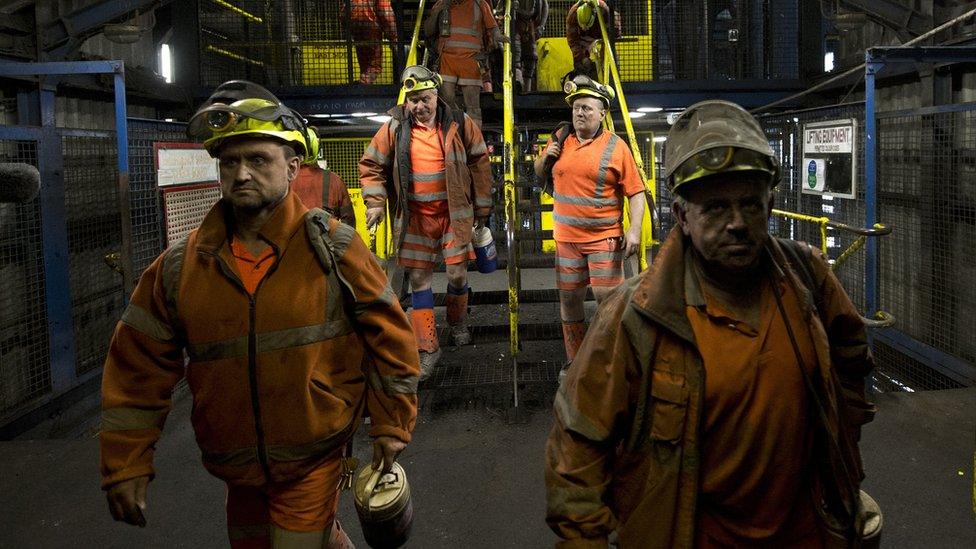
Britain's last deep coal mine, Kellingley Colliery, closed in 2015
Former mining towns and villages across the UK have still not recovered a generation on from pit closures, a new report claims.
It found issues including unemployment, ill health and social disadvantage extended beyond ex-miners.
The research for the Coalfields Regeneration Trust said areas remained "scarred by the legacy of the past".
Steve Fothergill, who led the Sheffield Hallam study, external, said more action and funding was needed for "years to come".
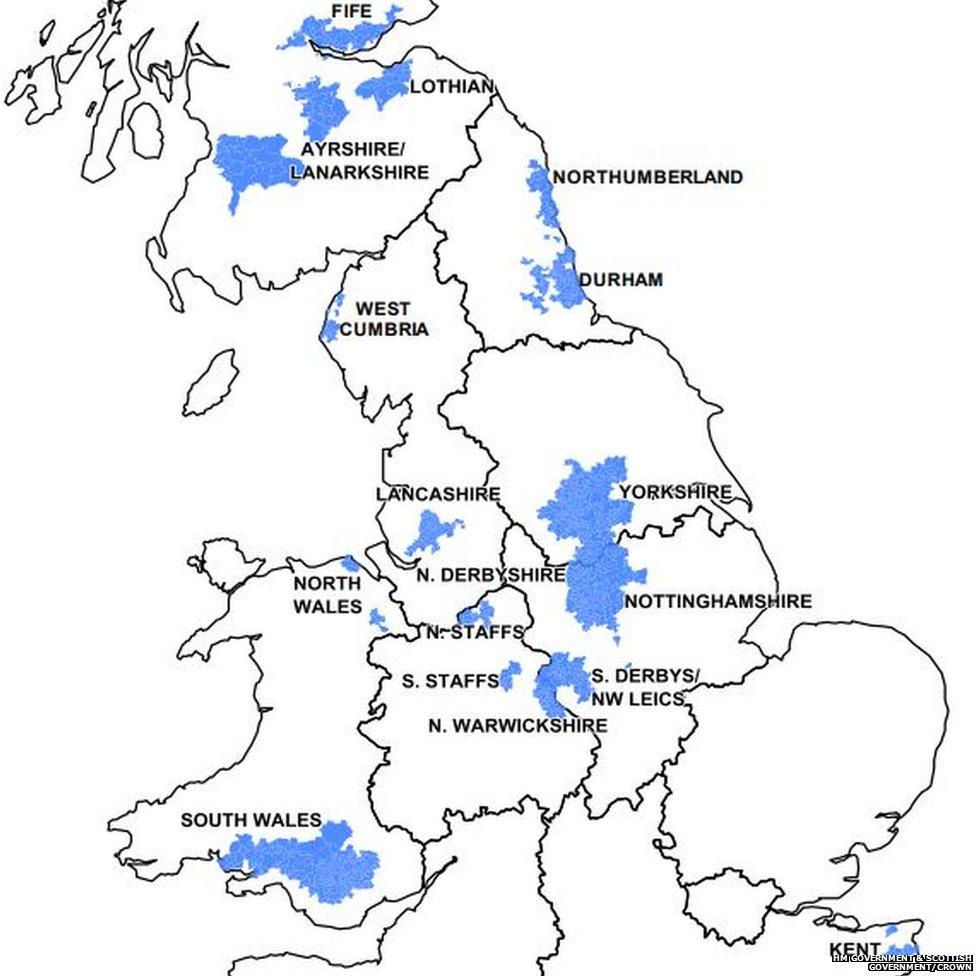
The study found the UK's former coalfields have a combined population of 5.7 million people
The Ministry of Housing, Communities and Local Government said it was "determined to unlock the potential of former coalfield areas" and had committed £12bn to be invested in local economic growth since 2015.
At its height, the mining industry employed more than a million people but the closure of North Yorkshire's Kellingley Colliery in 2015 brought an end to deep coal mining in the UK.
The study said the UK's former coalfields have a combined population of 5.7 million people located mainly in northern England, the Midlands, south Wales and central Scotland.
It found while unemployment is lower than it used to be, these areas continue to have large numbers of people out of work and on benefits.


Oscar Shaw has been unemployed for 10 months
Oscar Shaw is due to start full-time work in a warehouse in Barnsley after spending the last 10 months unemployed.
The 20-year-old said: "It's so hard nowadays especially for young people because a lot of places want you to have experience in a job so you get caught in a vicious circle.
"It feels like it's much harder here in Barnsley as there is not much work around.
"Perseverance and just applying for anything I can has been the key but it's been really hard at times."

The study said to raise the employment rate in the coalfield areas to the national average would require 80,000 more people to be in work.
It also found low earnings had triggered widespread entitlement to benefits but that welfare reform was hitting residents hard.
Jack Robertson, 27, who worked as an engineer apprentice at Kellingley, said he had to move from Knottingley in West Yorkshire to Seaham in County Durham to find work after the pit closed.
"The place is quite bleak now," he said, adding: "For 23 years I lived there, I've got family and a lot of good friends there and I know some people are having to travel quite a way for work."
Helen Murphy is employed by the Coalfields Regeneration Trust and works as community employment and skills coach to help people in Barnsley find work.
She said: "We're now the second and third generation down the line where there is no work.
"What we are finding is people still have literacy problems, particularly ex-miners."
She said many ex-miners had problems adapting to computers and were not able to pick up digital skills as easily as others.
- Published15 October 2019

- Published17 July 2019
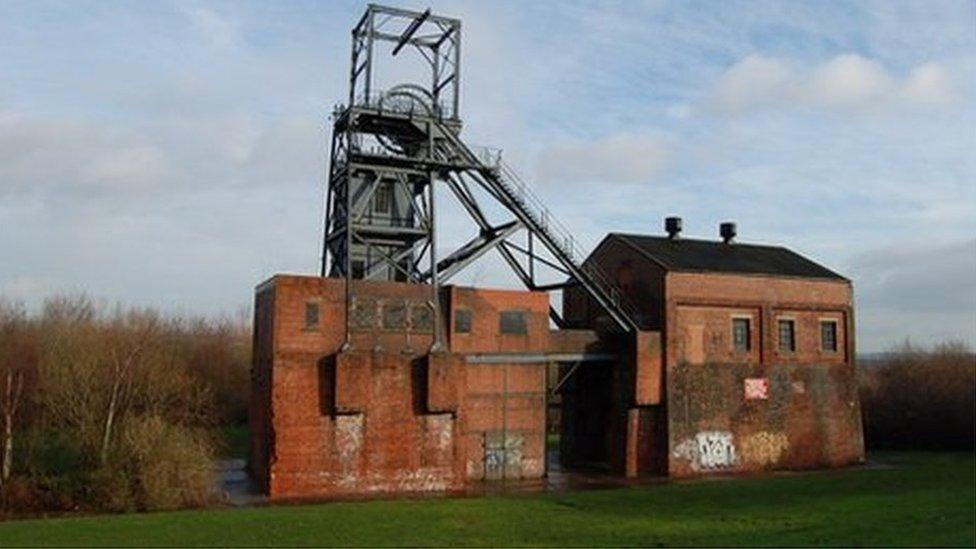
- Published19 December 2016
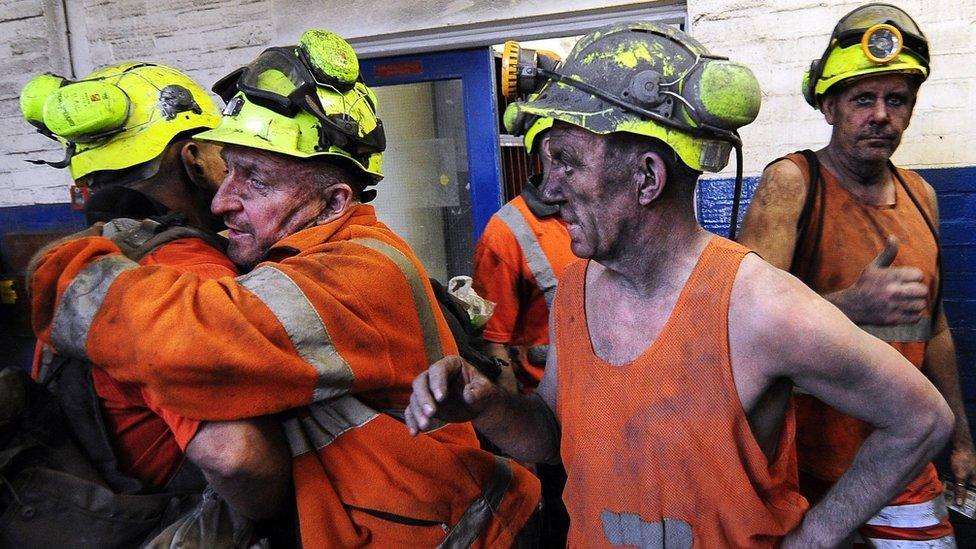
- Published19 December 2016
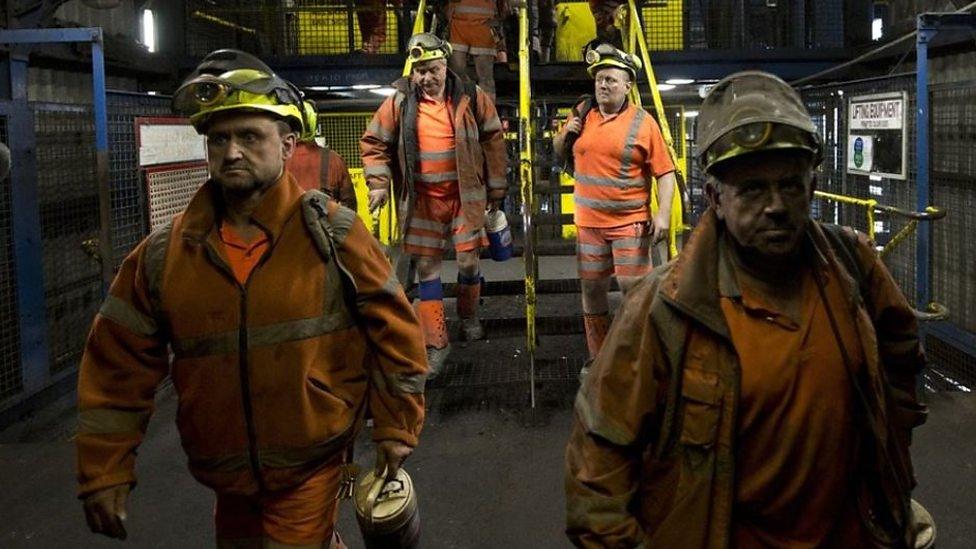
- Published18 December 2015
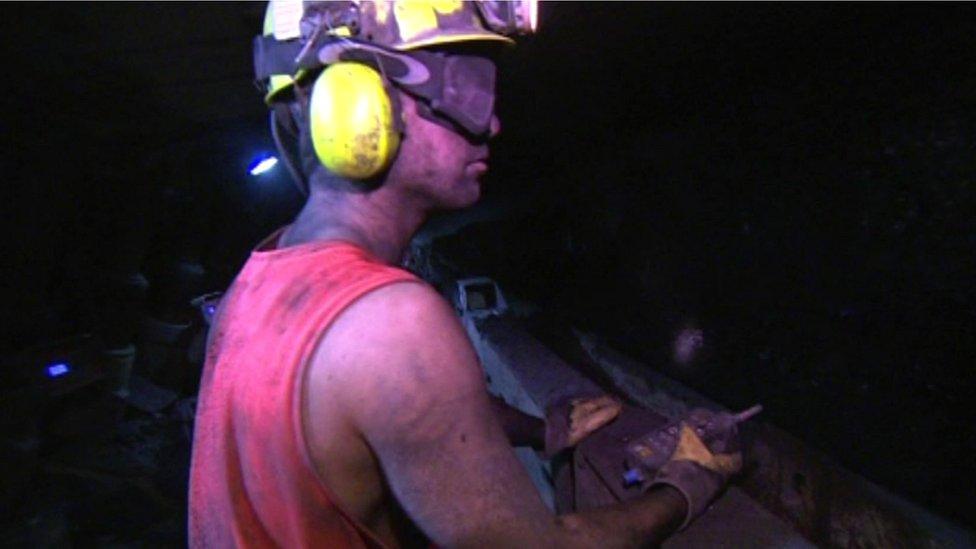
- Published19 June 2014
